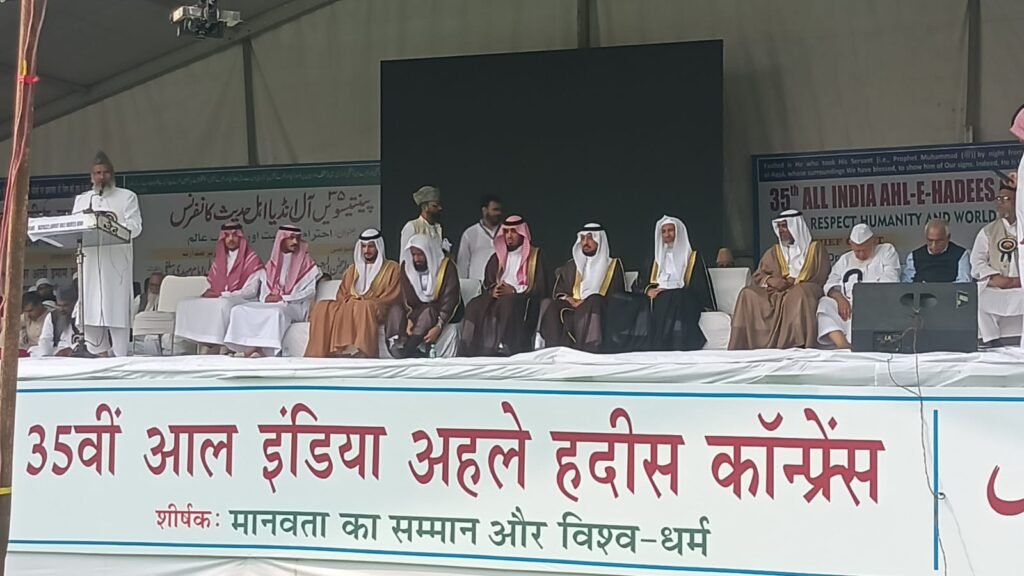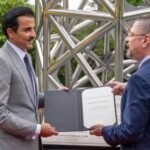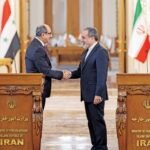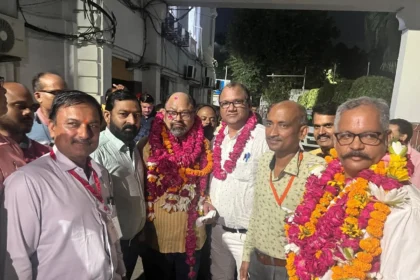
By Mohammad Tarique Saleem
The 35th All India Ahle Ahdees Conference, held at Delhi’s historic Ramlila Ground on November 9 and 10, brought together leaders, scholars, and followers from across India. This significant annual gathering, known for its focus on Islamic teachings and socio-religious issues, addressed several pressing concerns facing the Muslim community and society at large. Maulana Asghar Ali Imam Mehndi, a respected Islamic scholar and the event’s key speaker, used this platform to discuss various contemporary issues, emphasizing the importance of peace, unity, education, and social justice.
At the forefront of Maulana Asgar Ali Imam Mehndi’s message was a call for unity among all communities. He stressed the need for Muslims to contribute positively to India’s pluralistic society and advocated for peaceful coexistence, encouraging followers to uphold the teachings of Islam while respecting diverse cultural and religious backgrounds. He reminded attendees that Islam stands for peace, love, and harmony, urging them to work towards bridging gaps between different communities to foster a more inclusive and united India.

Maulana Mehndi further emphasized the significance of intra-community unity, encouraging the Ahle Ahdees community to stand alongside other Muslim groups, even amidst theological differences, for a common good. He urged everyone to avoid unnecessary divisions and focus on shared values, thus building a cohesive community that can support each other in times of need and represent a united front on larger national issues.
One of the primary issues raised by Maulana Mehndi at the conference was the need for greater access to education within the Muslim community. He highlighted the role of education as a transformative force that can uplift individuals, families, and the community at large. He stressed that education is not only a religious duty but also a crucial tool for socio-economic advancement.
Recognizing the existing gaps in educational attainment among Muslim youth, Maulana Mehndi called for more support in establishing quality educational institutions, scholarships, and vocational training centers. He urged parents and community leaders to prioritize education for both boys and girls, stating that only through an educated and aware populace can the community contribute effectively to national progress and counter societal challenges.
The Maulana also addressed economic challenges faced by many in the Muslim community, including poverty, unemployment, and discrimination. He underscored the need for economic empowerment and called on community members to engage in skills training and entrepreneurship to improve their financial independence. By creating more economic opportunities and supporting initiatives that promote self-sufficiency, he argued, the community could enhance its contribution to the broader national economy.
Furthermore, Maulana Mehndi raised concerns about social justice, emphasizing that it is essential for all communities to enjoy equal rights and opportunities. He encouraged the audience to raise awareness about their rights under the Constitution and to work collectively to address instances of injustice and discrimination.
A major theme in Maulana Mehndi’s address was the need to counter extremism and misinterpretations of Islamic teachings. He condemned acts of violence perpetrated in the name of religion and clarified that Islam forbids extremism in all its forms. He urged Muslims to present the true, peaceful message of Islam through their words and actions, and called on religious leaders to guide youth towards constructive pursuits. He warned against the influence of radical ideologies that exploit young minds and reiterated the Ahle Ahdees commitment to promoting a balanced understanding of Islam rooted in compassion and tolerance.
In closing, Maulana Mehndi left attendees with a hopeful message, emphasizing the Ahle Ahdees community’s role in shaping a brighter future for Indian Muslims. He called for continued dedication to education, peaceful coexistence, and collective responsibility towards national welfare. The 35th All India Ahle Ahdees Conference thus served as a reminder of the values that underpin the faith and the collective strength needed to address today’s challenges. As the conference concluded, it was clear that Maulana Mehndi’s message had resonated deeply, inspiring attendees to work towards a more empowered, united, and harmonious community within India.










